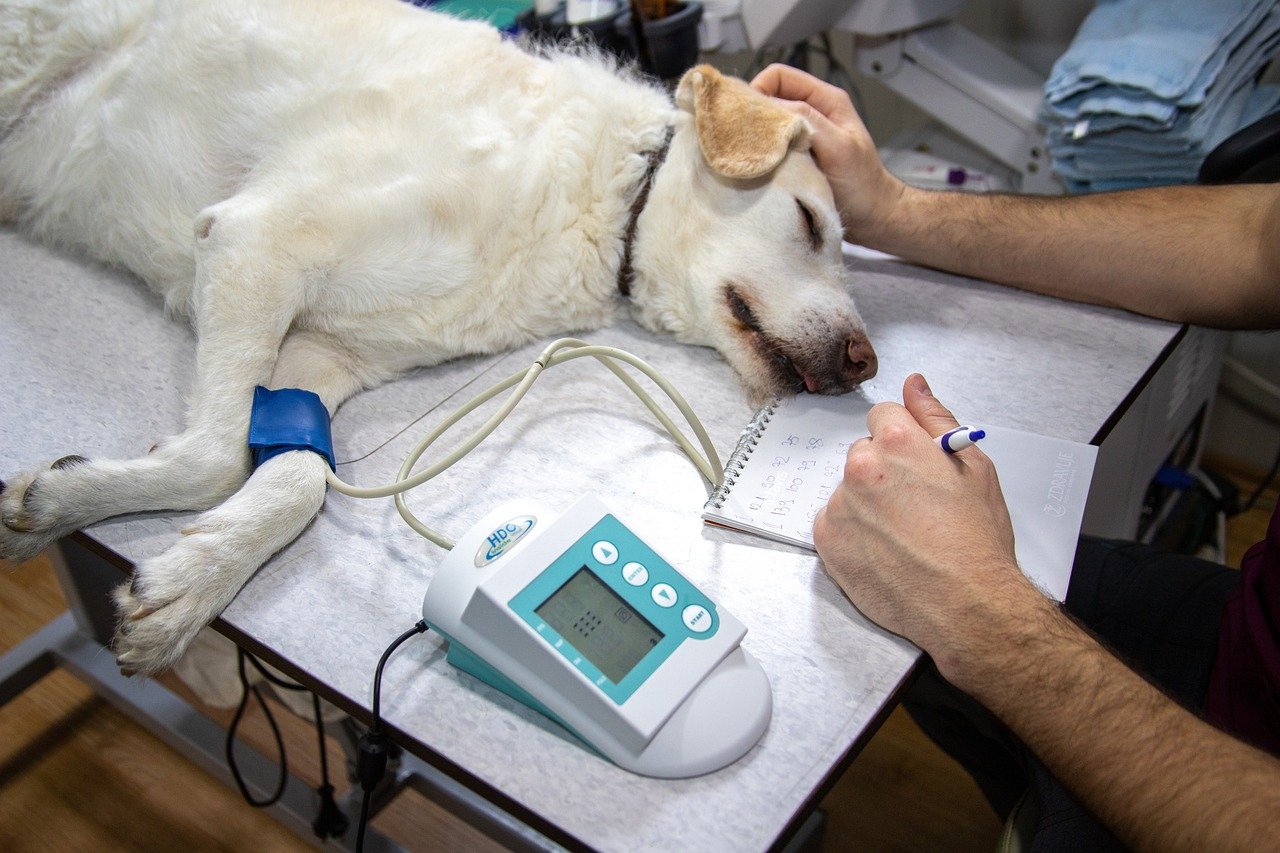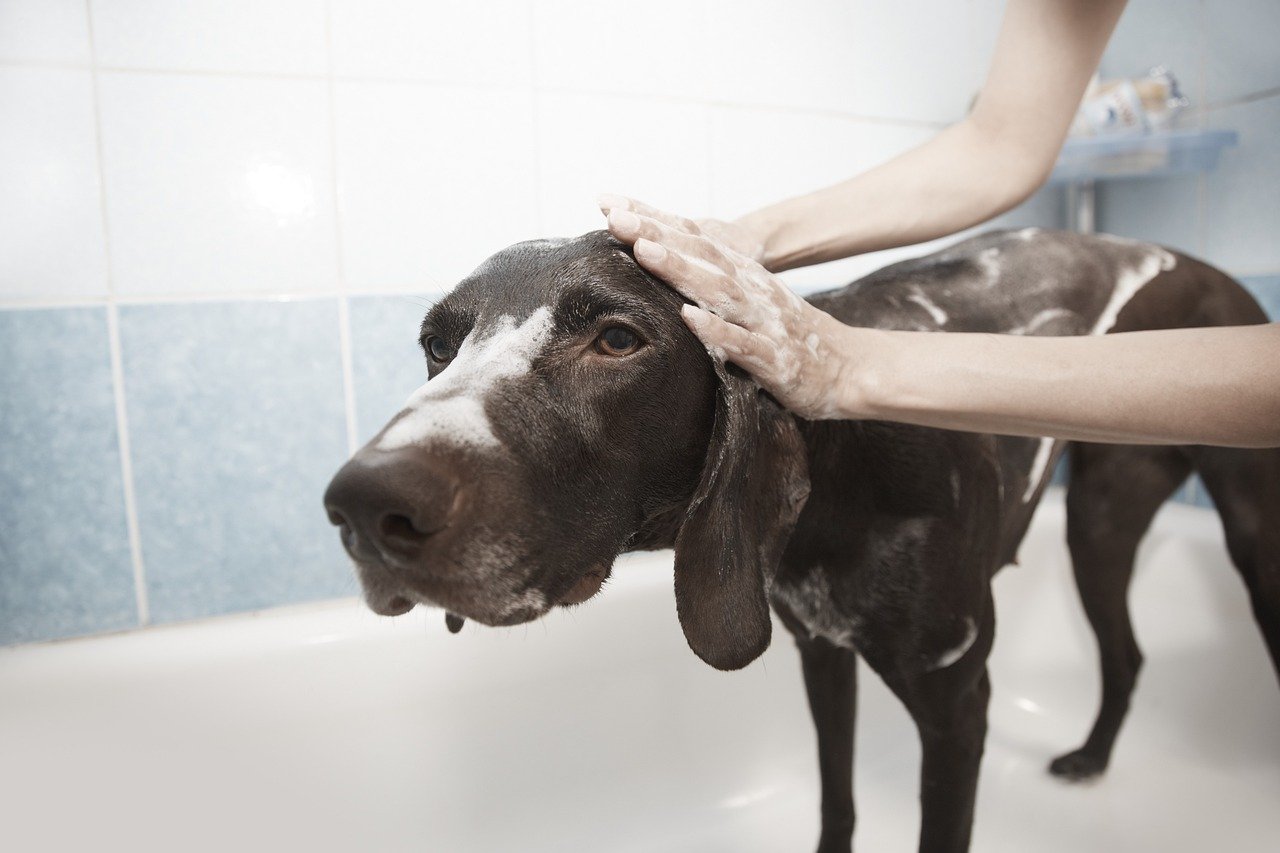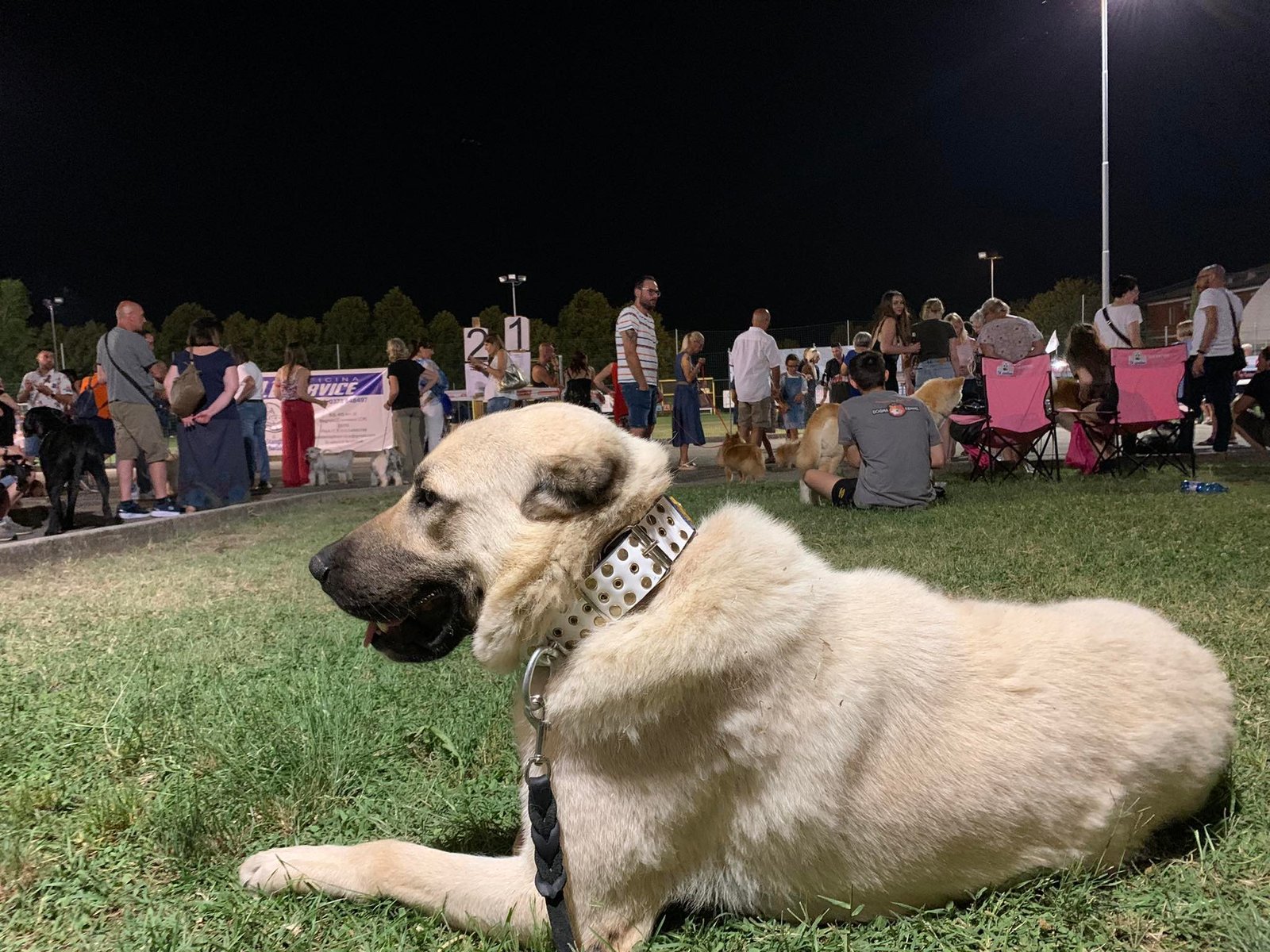Have you ever gazed into the soulful eyes of a Saint Bernard or admired the majestic stature of a Great Dane and thought, “I want one!”? While it’s easy to fall in love with the idea of owning a large dog, the reality of it is a different story altogether. Large dogs can be lovable and loyal companions, but they come with their own set of challenges that aren’t for the faint-hearted. Are you ready to explore why a large dog might not be the perfect fit for every household? Let’s dive in!
Big dogs can be lovable giants, but they’re not always the perfect fit for every lifestyle. From their hefty food bills to the need for more space and exercise, owning a large breed comes with unique challenges. They may also unintentionally knock things—or people—over with their size and strength. If you’re considering bringing one into your home, it’s important to weigh the pros and cons honestly. Let’s explore 10 reasons why a large dog might not be the best match for everyone.
Space Requirements
Imagine trying to fit an elephant into a shoebox. Sounds absurd, right? Yet, many people underestimate the space a large dog needs. These gentle giants require ample room to stretch, play, and simply exist. A cramped apartment or a small house without a yard can lead to a restless and unhappy pet. If your living space is limited, a large dog might feel more like a burden than a blessing. Consider whether your home can comfortably accommodate a dog that might weigh more than some humans!
Feeding Costs
Feeding a large dog isn’t just about tossing a few kibbles into a bowl. It’s more akin to feeding an insatiable teenager. The costs can quickly add up, with some large breeds requiring several cups of food each day. High-quality dog food, which is essential for their health, comes with a hefty price tag. It’s crucial to factor in these ongoing expenses before committing to a large canine companion. Remember, a well-fed dog is a happy and healthy dog.
Exercise Needs
Imagine running a marathon every day. That’s the level of energy some large dogs possess. Breeds like the Labrador Retriever or the Siberian Husky are known for their boundless energy. They require extensive exercise to stay fit and prevent destructive behaviors. If your lifestyle doesn’t include daily long walks, hikes, or play sessions, a large dog might not be the best fit. Lack of exercise can lead to obesity and other health issues in these dogs.
Training Challenges
Training a large dog can be a daunting task. Their size and strength mean that if they decide to pull on the leash or jump up in excitement, it can be overwhelming. Consistent training from a young age is essential to ensure they grow into well-behaved adults. This requires time, patience, and sometimes professional help. Not everyone has the resources or commitment to invest in proper training, which is crucial for a harmonious relationship.
Health Concerns

Large dogs, while often robust, are prone to specific health issues that can be both heartbreaking and expensive. Conditions like hip dysplasia, heart problems, and joint issues are common among large breeds. Regular vet check-ups, special diets, and sometimes even surgeries can become a part of the routine. It’s vital to be prepared for these potential challenges, both emotionally and financially.
Grooming and Maintenance

A large dog often means a lot of fur. Breeds like the Newfoundland or the Bernese Mountain Dog require regular grooming to keep their coats healthy and manageable. This can be time-consuming and, if done professionally, costly. Additionally, large dogs tend to shed more, meaning more time spent vacuuming and cleaning your home. If grooming isn’t your thing, think twice before bringing a furry giant into your life.
Travel Limitations
Traveling with a large dog can be a logistical nightmare. Many hotels, airlines, and transport services have restrictions on the size and weight of pets they accommodate. Even road trips can be challenging, as you’ll need a vehicle with ample space for your canine companion. If you love to travel and can’t bear the thought of leaving your pet behind, a large dog might not be the best travel buddy.
Socialization Needs
Large dogs require proper socialization to ensure they are friendly and well-adjusted. Without it, they can become anxious, aggressive, or overly protective. Socializing a large dog involves introducing them to various environments, people, and other animals. This requires time, effort, and dedication. If your schedule is already packed, fitting in socialization sessions might be challenging.
Potential for Destruction
A bored or untrained large dog can wreak havoc on your home. With their strength and size, they can easily knock over furniture, chew through walls, or dig up your garden. It’s essential to keep them mentally and physically stimulated to prevent such destructive behaviors. Investing in toys, training, and interactive play sessions is crucial. If you value your possessions, consider if you’re ready for the potential chaos a large dog might bring.
Insurance and Liability

Owning a large dog can sometimes increase your home insurance premiums. Some breeds are considered high-risk, and insurers may charge more or even refuse coverage. Additionally, if your dog accidentally injures someone or causes damage, you could be held liable. It’s important to be aware of these potential financial implications and ensure you have the right coverage.
In conclusion, while large dogs can be incredible companions, they come with unique challenges that aren’t suitable for everyone. It’s essential to weigh the pros and cons carefully and consider your lifestyle, resources, and commitment before making the leap. Are you ready for the rewarding yet demanding journey of owning a large dog?





